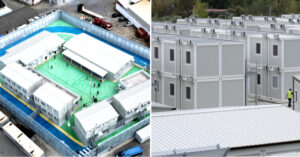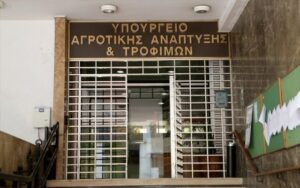Two migrant accommodation centers in Albania are set to receive asylum seekers from Italy.
The journey of the first migrants started by sea to the cities of Shëngjin and Gjadër in Albania where the two structures have been built.
These centers are located in Shëngjin, 75 km north of the capital Tirana, and near a former military airfield in Gjadër and cost Italy 670 million euros.
While external security services will be provided by Albanian guards, the centers will be managed entirely by Italy. Italian officials, including police, doctors, psychologists, and other staff, are already there.
Watch video:
MIGRANT CENTERS COMPLETED IN ALBANIA, MANAGED BY ITALY ?? ??
Italian Ambassador Fabrizio Bucci visited newly completed migrant centers in Shëngjin and Gjadër, Albania, which Italy will manage.
A hotspot for identifying migrants rescued at sea by Italian ships has been… pic.twitter.com/BgATCj1LNY
– Visegrád 24 (@visegrad24) October 15, 2024</blockquote
The immigrants after being assessed in Shëngjin, those who are eligible for asylum will be transferred to Gjadër, a former Albanian air base, which includes facilities with 880 asylum-seeker slots, 144 slots in a repatriation detention center, and 20 in a correctional facility.
The hope is that up to 36,000 economic migrants a year can be processed and repatriated.
See photos of the Shëngjin structure:
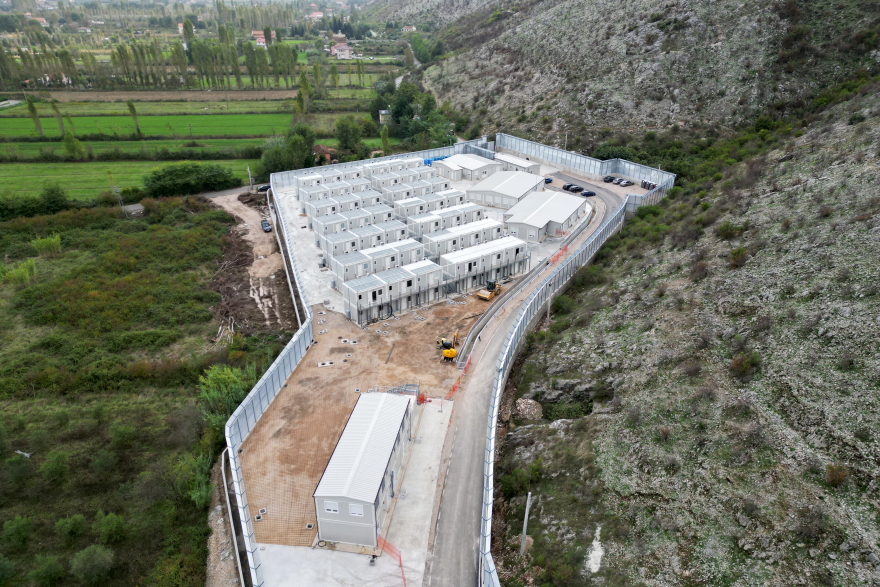
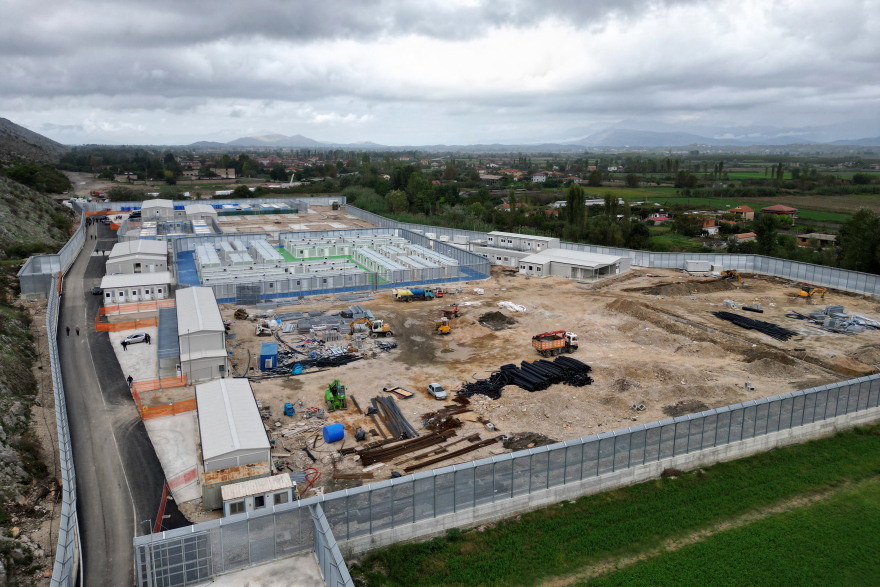
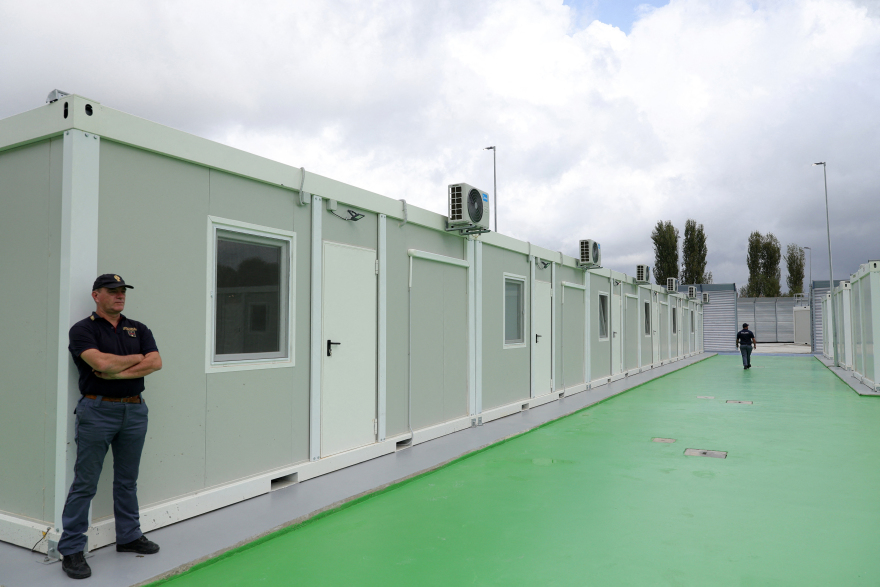
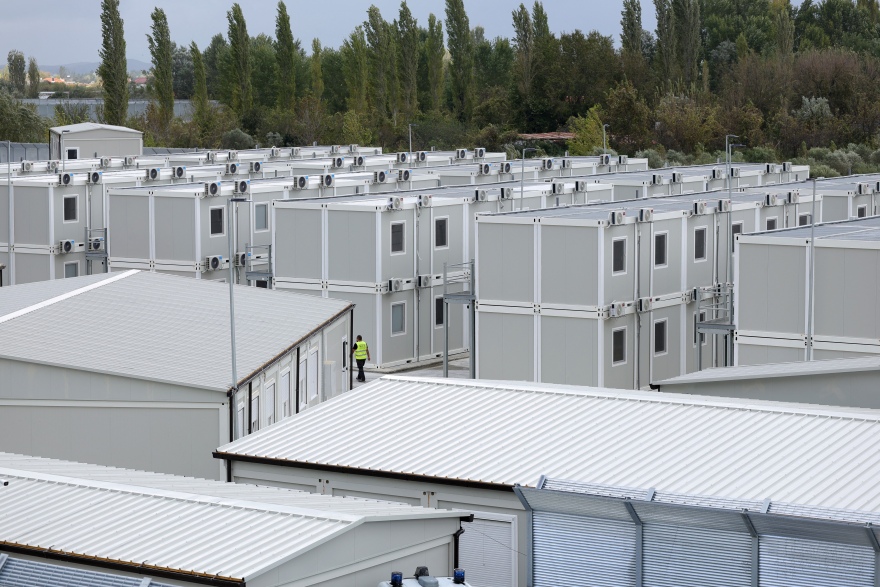
The Albanian government will only consider asylum applications from countries designated as “safe” by Italy. This list, recently expanded from 15 to 21 countries, includes Bangladesh, Egypt, Ivory Coast and Tunisia, among others.
In 2022, more than 56,000 people from these countries arrived in Italy. However, due to the designation of their countries of origin as safe, the majority of asylum applications are expected to be rejected, leading to detention. Those granted asylum will be transferred to Italy.
The strategy of the Meloni government
The Italian prime minister, Georgia Meloni, and her right-wing allies have long called for European countries to share the burden of migration, and cooperation with Albania is part of that strategy. By processing asylum claims outside the Italian border, Italy aspires to speed up the process of repatriating migrants.
Concerns of humanitarian organizations
However, humanitarian organizations have expressed concerns about the new system, fearing that the centers will quickly fill up with people waiting to return to their home countries.
Critics argue that the plan prioritizes repatriations, neglecting migrants’ rights and worsening their living conditions.
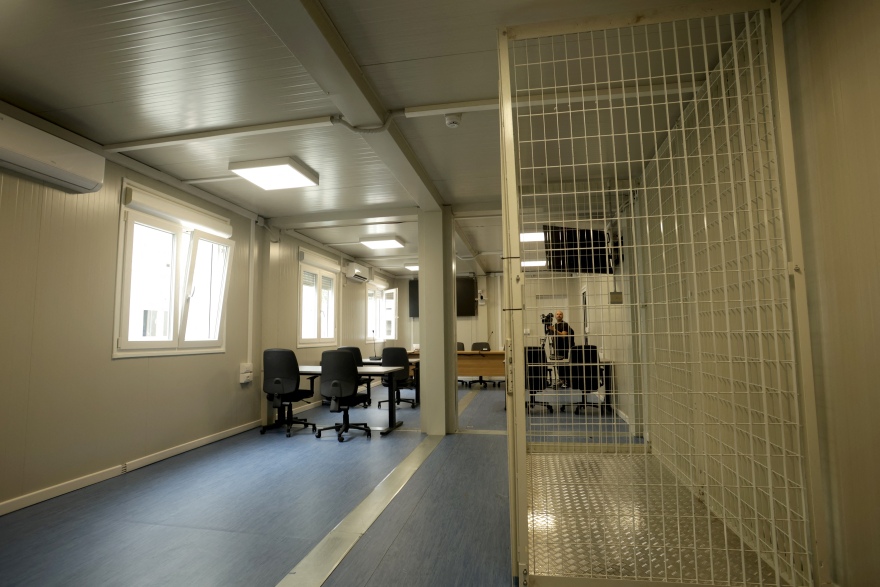
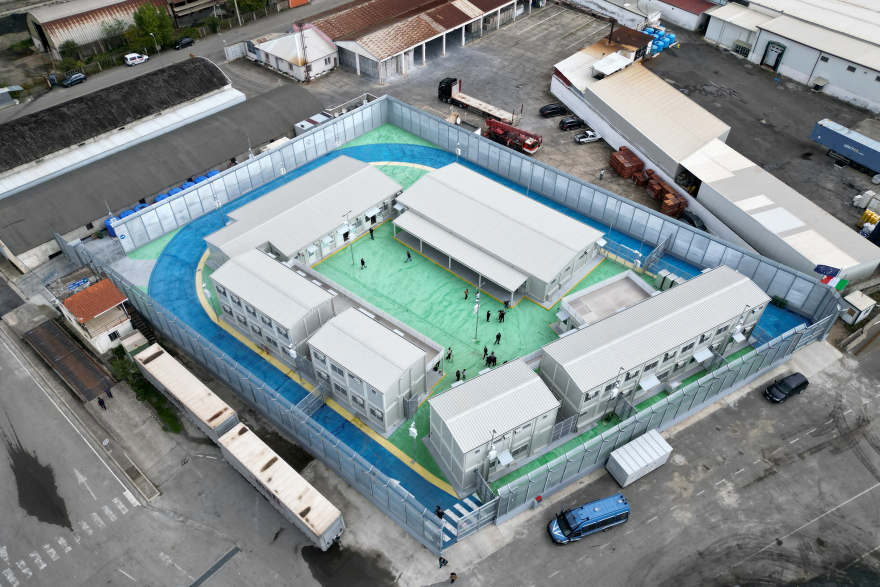
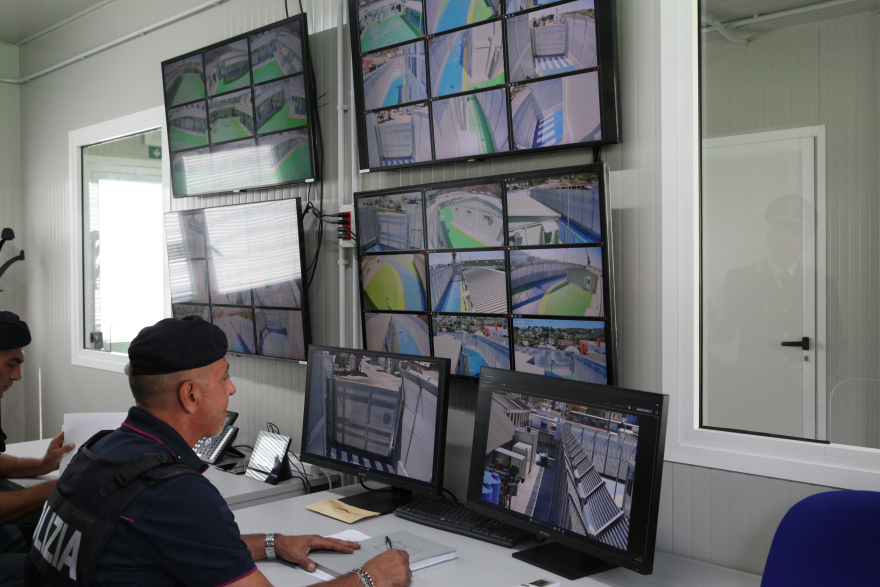
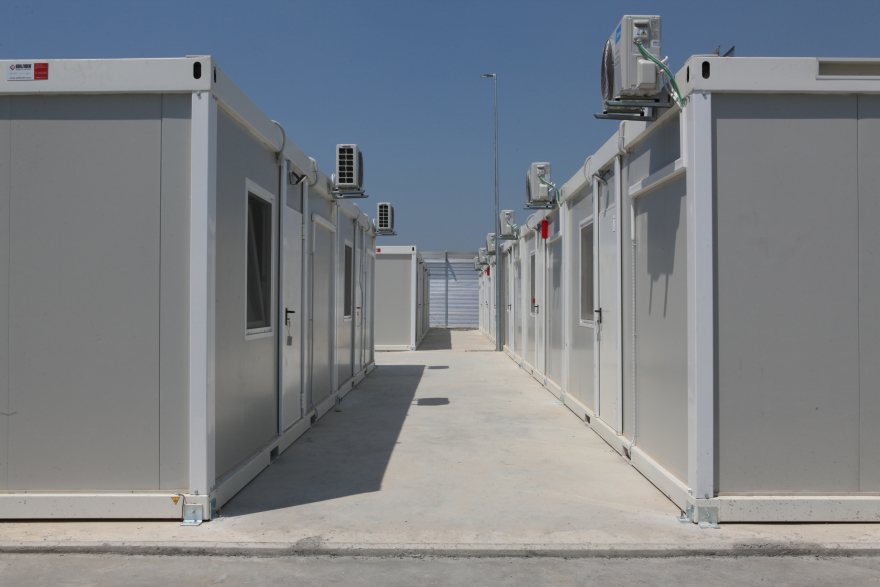
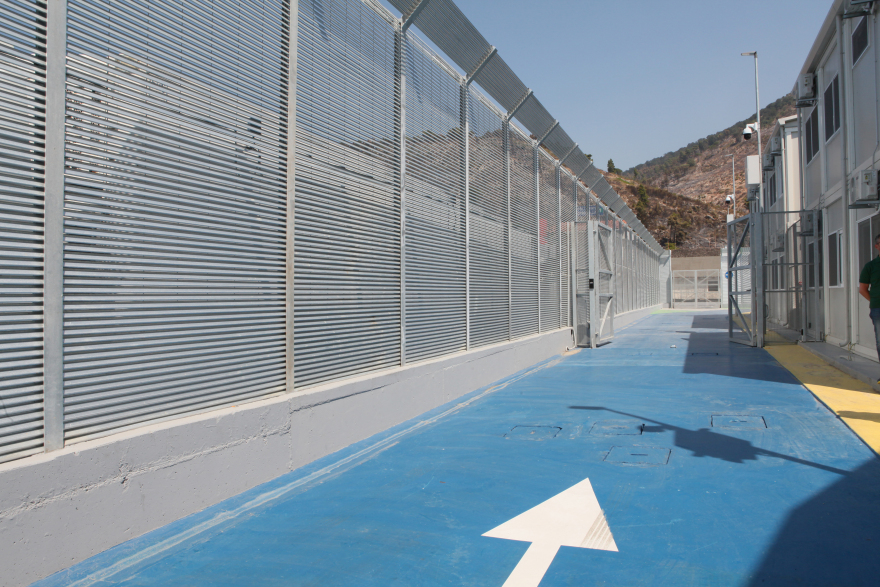
Only 16 migrants in Albania on the Italian ship Libra – The trip costs over 250,000 euros
Meanwhile, it is surprising that on the first Libra ship trip the Italian navy’s journey to the two closed centers for asylum seekers in north Albania, only 16 migrants were found, according to official figures from the Interior Ministry in Rome.
They were 10 Egyptians and six Bangladeshis who had sailed, on boats from Sabrata and Zouara in Libya. The Italian Navy ship is expected to arrive in Albania tomorrow. According to La Repubblica newspaper, the total cost of this Libra’s voyage exceeds 250,000 euros.
The center-left Italian Democratic Party through its secretary, Eli Sline, underlined that “the Meloni government is throwing eight hundred million euros of Italian citizens into a deal to displace migrants in Albania, in violation of basic human rights and disregarding a ruling of the EU Court of Justice, which makes the whole deal creaky.”
#Migranti verso l’Albania sulla nave militare Libra , con a bordo 16 persone intercettate in acque internazionali. #Bruxelles approva il protocollo #RomaTirana. Lettera di #vonderLeyen “Sviluppare hub fuori dall’#UE. @Gavinomorett pic.twitter.com/hxjVoHQLlA
– Rai Radio1 (@Radio1Rai) October 15, 2024</blockquote
However, the president of the European Commission, Ursula von der Leyen, in her letter to European heads of state and government ahead of the October summits, stressed that: “We should continue and explore avenues that we can pursue in terms of developing repatriation centers outside the EU, particularly given a new proposal for a law on repatriation. With the launch of the actions foreseen by the Italy-Albania protocol, we will also be able to draw practical conclusions.”
Ask me anything
Explore related questions
